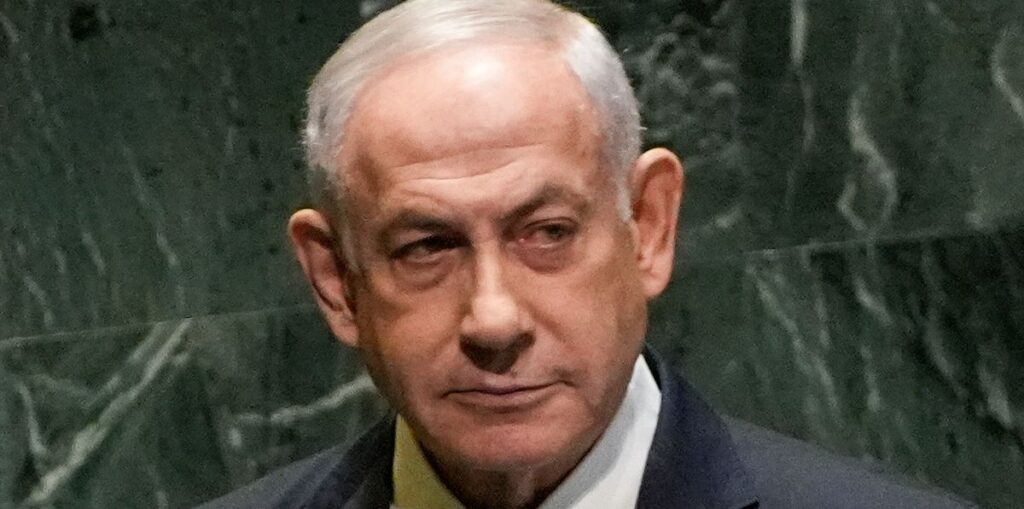The Israeli government finds itself under increasing pressure from both the Biden administration and families of hostages still held in Gaza to reach a long-awaited resolution regarding the release of captives. The pressure has intensified following the Israeli military’s confirmation of the assassination of Hamas leader Yahya Sinwar. Following a battle in Rafah, military forces discovered a body resembling Sinwar’s in the rubble, solidifying their claims. This operation is seen by Israeli officials as a significant “military and moral achievement,” yet Hamas has not issued a comment on this development. Sinwar has been a prominent figure on Israel and the United States’ radar since he orchestrated an attack in southern Israel that resulted in substantial casualties and hostage-taking over a year ago.
In the wake of this military success, U.S. President Joe Biden praised the role of American intelligence in targeting Hamas leaders and celebrated this moment as favorable for Israel, the U.S., and the global community. He and Vice President Kamala Harris are now urging Israeli Prime Minister Benjamin Netanyahu to prioritize the return of the remaining hostages, as estimates reveal that some are already presumed dead. Israel’s military has stated that the location where Sinwar was found did not have any hostages, complicating the situation further. There is now a push to revive discussions aimed at reaching a political solution that promises a brighter future for both Israelis and Palestinians.
Yehuda Cohen, a father of a captive, expressed his distress at protests held in Tel Aviv, where families are demanding a safe return of their loved ones rather than mourning their loss. His comments reflect a pervasive anxiety about the current military strategy and the possibility of achieving a hostage deal following Sinwar’s death. Many hostage families are echoing concerns that the assassination should serve as leverage for negotiating a resolution, fearing instead that this moment could lead to further hostages being harmed or used as pawns in the ongoing conflict.
Zangauker, another grieving parent, voiced a stark warning that if the Israeli government fails to harness the momentum from Sinwar’s assassination to propose a new initiative for hostage release—even if it means temporarily pausing military operations—it could signify a betrayal of the captives like her son. These sentiments are echoed by various Israeli leaders, some of whom advocate for securing the release of hostages while also acknowledging the urgency of ongoing military operations against Hamas. Critics of Prime Minister Netanyahu have accused him of prolonging the war for political gain, further deepening divisions in the Israeli public’s perception of the government’s handling of the situation.
The Israeli offensive in Gaza has led to an alarming death toll, with reports indicating over 42,000 fatalities, a number potentially higher according to various humanitarian organizations. This devastation has culminated in a severe humanitarian crisis, largely exacerbated by impediments on aid deliveries. In light of these developments, Biden views the potential for a shift in authority in Gaza, implying that the current circumstances present an opportunity for re-establishing governance without Hamas. However, this vision has not found substantial agreement among Israeli officials, who have expressed their intent to maintain military actions in Gaza for an extended period.
The contrasting narratives surrounding the ongoing conflict exhibit the complex nature of the situation—while the Biden administration advocates for a stable future devoid of Hamas’s influence, Israeli leaders emphasize a continued military presence in Gaza. This ongoing contradiction leaves many observers uncertain about the prospects for peace and stability in the region, particularly amidst the suffering of countless families, including those of the hostages. While the assassination of Sinwar may provide a momentary strategic advantage, it underlines the broader necessity for a sustainable approach to resolving the conflict that acknowledges both humanitarian concerns and the imperative for security for all involved.

